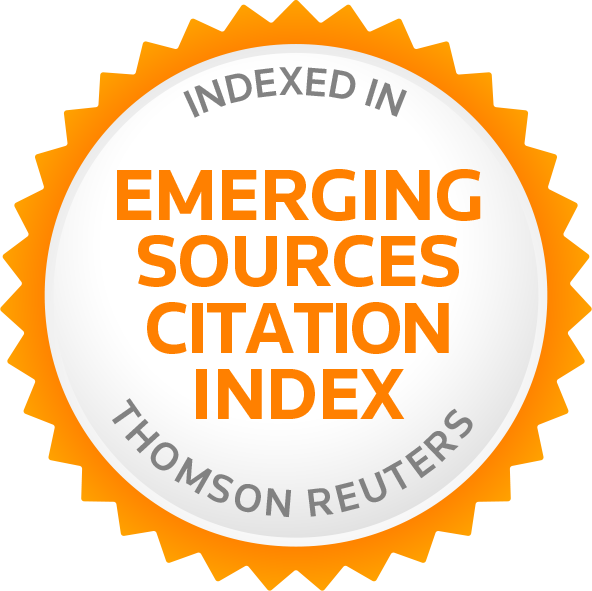Assessment of competencies in medicine
DOI:
https://doi.org/10.59471/debate2013151Keywords:
university, access systems, selection modalities, requirement levelsAbstract
-
The assessment of students and its methodology are topics frequently discussed and permanently reviewed in medical schools. The main objectives of assessment are:
-
Directing student learning,
-
Determining whether the students achieved the objectives set out in the curriculum,
-
Driving strategies on teaching methodology and learning
-
Ensuring the community the professional competence of those who graduate.
To assess the competence of students and graduates, different methods may be used, provided that they are consistent with the methodology of teaching and that the tools are properly designed. The main objective is that every evaluation become part of an assessment programme. Such "assessment programme” should entail a set of activities that begin with the knowledge and retrieval of knowledge (pretest), followed by a continuous formative assessment, and culminating with one or more partial summative tests and a final exam. The assessment of competences should be done, then, in an integrated manner, covering the concepts, skills and attitudes of each competence. It should also account for the acquisition process of such one. It is indeed very difficult to combine all this content into a single assessment tool and at the same time, to cover a wide range of clinical situations or cases which should be addressed by a medicine graduate; hence the need for complementarity between two or more tools to meet these objectives.
Metrics
References
ARBÓS BERTRAN, A. (2005) “Evaluación de Competencias” en Revista Panamericana de Pedagogía (Nro. 6, pp.27-47). España, Universidad Panamericana.
ALVES DE LIMA, A.; VAN DER VLEUTEN, C. (2011 ) “Mini-CEX: una
herramienta que integra la observación directa y la devolución constructiva para la evaluación del desempeño profesional” en Revista Argentina de Cardiología (Vol. 79, Nro. 6, pp.531 -536). Ciudad Autonoma de Buenos Aires, Sociedad Argentina de Cardiología.
BARNETT, R. (2001 ) Los límites de la competencia. El conocimiento, la educación superior y la sociedad. Barcelona, Gedisa.
BRAILOVSKY, C. A. (2001 ) “Educación médica, evaluación de las competencias” en Aportes para un cambio cu ricular en Argentina. Buenos Aires, Facultad de Medicina Disponible en http://goo.gl/KL3R5 (acceso: 27-01 - 11 ).
BRAILOVSKY C, CHARLIN B, BEAUSOLEIL S, COTE S, VAN DER VLEUTEN
C. (2001 ) “Measurement of clinical reflective capacity early in training as a predictor of clinical reasoning performance at the end of residency: an experimental study on the script concordance test” en Medical Education (Vol. 35, Nro. 5, pp.430-436). Quebec, Evaluation Center for Health Sciences.
FREDERICKSEN, N. (1 984) "The Real Test Bias: Influences of Testing on Teaching and Learning" en American Psychologist (Vol. 39, Nro. 3, Marzo 1 984, pp.1 93-202). Washington DC, American Psychological Association.
HARDEN, R. M.; CROSBY, J. R. (2000) “The Good Teacher is more than a Lecturer: The Twelve Roles of the Teacher” en AMEE Medical Education Guide Nº 20. Scotland, AMEE.
HUDSON, J.N.; VERNON-ROBERTS, J.M. (2000) “Assessment - putting it all together” en Medical Education (Vol. 34, No. 11 , Noviembre , pp. 953-954). South Australia, Facultaty of Medicine, University of Adelaide.
IRIGOIN, M.; VARGAS, F. (2002) Competencia laboral. Manual de concepto, métodos y aplicaciones en el sector salud. Montevideo, CINTERFOR. Disponible en web: http://goo.gl/a72jR (acceso 1 6-3-1 3).
KANE M.T. (1 992) “The assessment of professional competence” en Evaluation
and the Health Professions (Vol.1 5, Nro.2, junio 1 992, pp.1 63-1 82). California, University of Southern California.
MASTACHE, A. (2007) Formar personas competentes. Desa rollo de competencias tecnológicas y psicosociales. Buenos Aires, Ediciones Novedades Educativas.
METZ, J. C. M.; PELS RIJCKEN, E. H.; BRANDVAN DEN VALKENBURG, B.
W. M. (1 994) Training of Doctors. Blueprint 1994. Objectives of Undergraduate Medical Education in the Netherlands. Nijmegen, University Press.
NICOL, D.; MACFARLANE-DICK, D. (2006) “Formative assessment and self regulated learning: a model and seven principles of good feedback practice” en Studies in Higher Education (Vol. 31 , Nro. 2, pp. 1 99–21 8). Londres, Society for Research into Higher Education.
PERRENOUD, P. (2008)“Construir las competencias, ¿es darle la espalda a los saberes?” en Revista de Docencia Universitaria REDU (Vol. 6, Nro. 2). Santiago de Compostela, Red Estatal de Docencia Universitaria. Disponible en web: http://goo.gl/rXIj6 (acceso 1 0-02-2011 ).
RUIZ BARRÍA, G. (2009) “El enfoque de la formación profesional en torno a la generación de competencia: ¿ejercicio impostergable o ’lo que sucedió a un rey con los burladores que hicieron el paño’?”en Estudios Pedagógicos (Vol. 35, Nro, 1 , pp. 287-299). Valdivia, Universidad Austral de Chile.
SOCIEDAD ESPAÑOLA DE EDUCACIÓN MÉDICA – SEDEM (2004)
“Declaración del Lazareto de Mahón: Evaluación de las Competencias Profesionales en el Pregrado” en Revista Educación Médica (Vol. 7, Nro.4, Octubre - Diciembre 2004 , pp. 1 03-1 05). Barcelona, Fundación Educación Médica.
WASS, V.; MCGIBBON, D.; VAN DER VLEUTEN, C.(2001 ) “Composite
undergraduate clinical examinations: how should the components be combined to maximize reliability?” en Medical Education (Vol. 35, Nro. 4, pp.:326-330). Oxford, Blackwell Science Ltd.
ZUBAIR, A.; CHONG, Y. S.; KHOO, H. E. ((2006) Practical guide to medical student assessment. New Jersey, World Scientific Publishing Company, Incorporated.
Published
How to Cite
Issue
Section
License

This work is licensed under a Creative Commons Attribution 4.0 International License.
The article is distributed under the Creative Commons Attribution 4.0 License. Unless otherwise stated, associated published material is distributed under the same licence.












